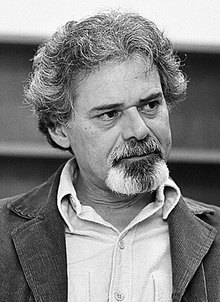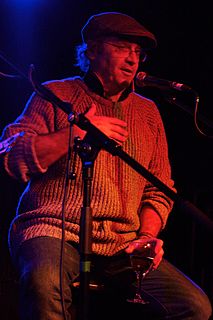A Quote by Claire Tomalin
People who attack biography choose as their models vulgar and offensive biography. You could equally attack novels or poems by choosing bad poems or novels.
Related Quotes
Biography always has fulfiled this role. Robinson Crusoe is a biography, as is Tom Jones. You can go through the whole range of the novel, and you will find it is biography. The only difference between one example and the other is that sometimes it's a partial biography and sometimes it's a total biography. Clarissa, for example, is a partial biography of Clarissa and a partial biography of Lovelace. In other words, it doesn't follow Lovelace from when he is in the cradle, though it takes him to the grave.
As it can be maintained that all the great advances have come from men under forty, so the history of the world shows that a very large proportion of the evils may be traced to the sexagenarians, nearly all the great mistakes politically and socially, all of the worst poems, most of the bad pictures, a majority of the bad novels and not a few of the bad sermons and speeches.



































